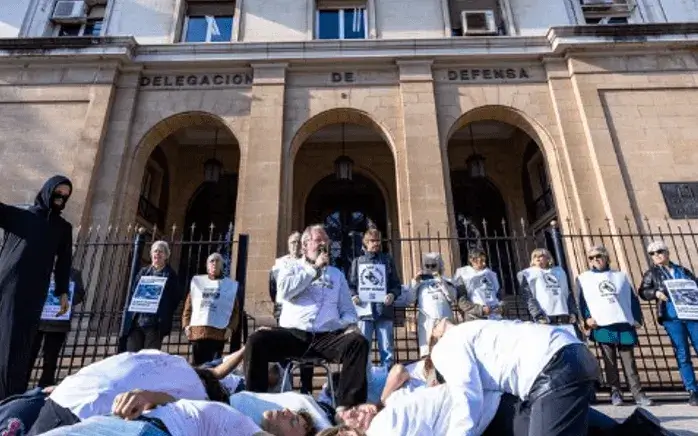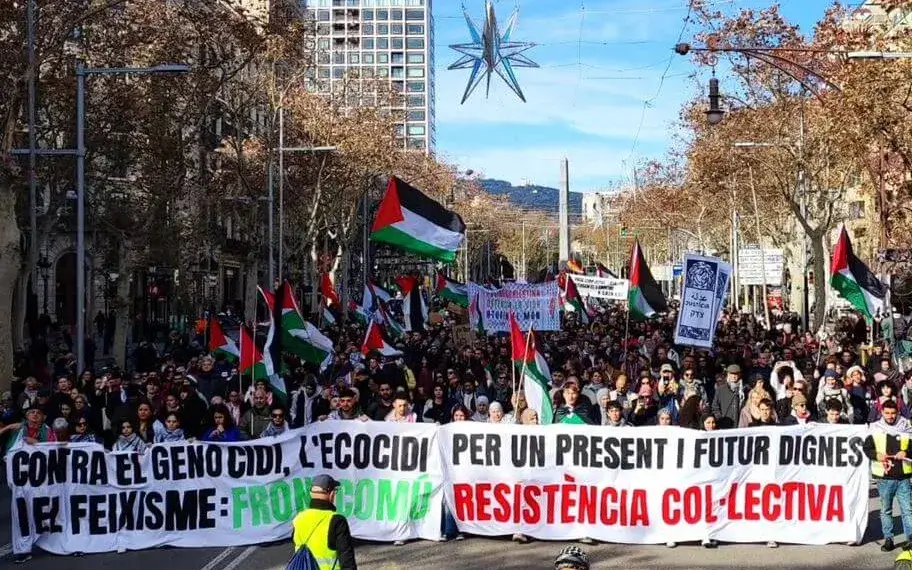The web portal, created by two organisations, aims to help understand the current situation in the territory in conflict
Since news emerged that the Spanish Government was shifting its position with regards to the conflict between Western Sahara and Morocco, all sorts of news have been published on the topic in both traditional media and social media.
One of the biggest problems many people find when trying to understand what is going on, whether it be for Western Sahara or any other territory in conflict, is the lack of evidence, clarity and depth in the information they read.
Thanks to a joint initiative by the International Institute for Non-violent Action (Novact) and the Catalan Federation of Associations supporting Western Sahara (ACAPS), a new dedicated web portal has been launched and it aims to become a leading media to understand the situation in Western Sahara in the past decades.
This portal, SOSSahara.org, is framed within a project that was submitted to the Catalan Development Cooperation Agency in the autumn of 2020 by the two organisations. The goal is to make visible the systematic human rights’ violations and the plundering of natural resources experienced by the Sahrawi population because of several governments and transnational corporations.
What does this web portal offer?
Under different tabs, the user can browse the web (available in four languages) and read about the history of Western Sahara, read about the legal framework that applies to the conflict, learn about the corporations participating in the plunder of natural resources, discover how the population is denouncing the situation and fighting for their rights, and gain a clearer idea of the current situation in the territories under Moroccan occupation.
Furthermore, there is a whole section on understanding the important role of Sahrawi women in the history of its peoples and today. As Albert Giralt, the coordinator of ACAPS, explains, “it was the women who had to flee into the desert with their children and set up the camps. Today, women are a fundamental pillar in the struggle and they participate in all political decision-making spaces”.
In this regard, Giralt also explains that they aim to set up a travelling exhibition on Sahrawi women starting this summer, focusing on the reality lived in refugee camps and the diasporas, as part of the project.







Add new comment